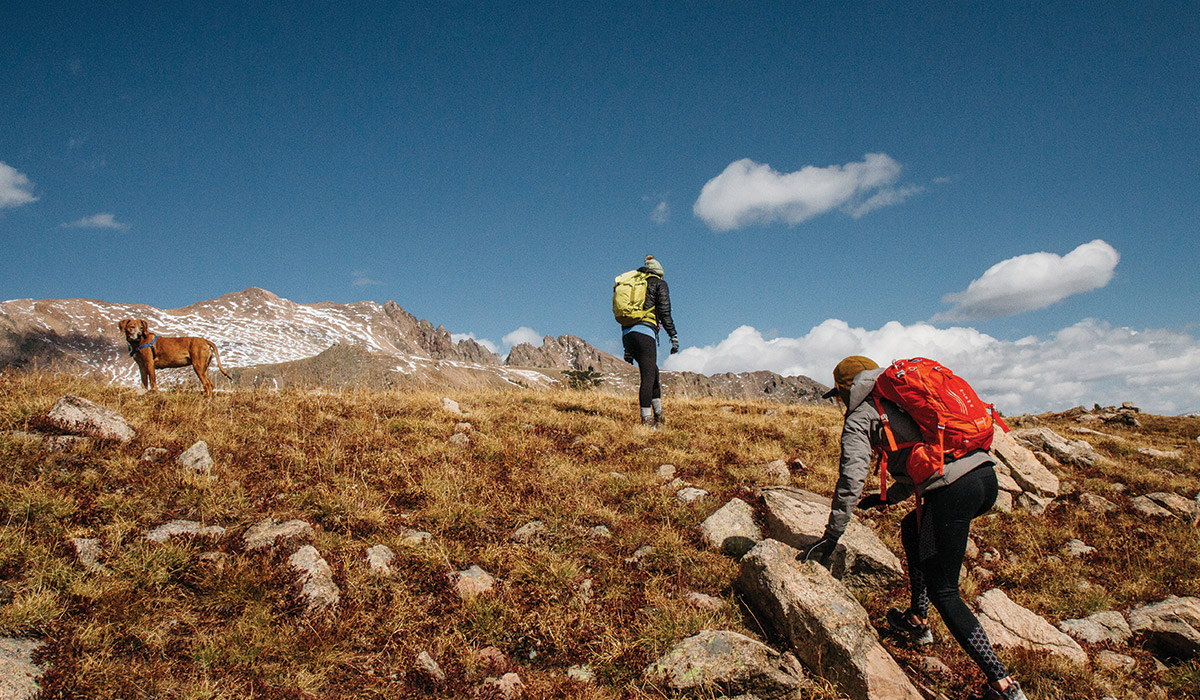A Summer of Play, Part Three

This week on the podcast, Dan Allender and Becky Allender continue our series on the beauty and necessity of play by suggesting that intentional, deep play is a window into a deeper engagement with the rest of our lives—and a move vibrant connection to God.
Dan: “One of the questions we often get is, ‘What’s the difference between work and play?’ And I do think there’s a distinction, but one of the things I would hope for in this podcast is that it would become a bit fuzzier. In fact, the dream would be that your work would be full of play, and in fact your play a labor that opens the door not just to the matters of the activity, but actually opens your heart to the matters of God, and therefore is the great work of God.”
Work is meant to be far more playful than we often construe it to be.
Becky recalls how, when she first started helping facilitate groups with The Allender Center, she was confused—and a bit annoyed—when Dan would end pre-group team meetings with, “All right, let’s go play.” First-year students at The Seattle School sometimes report feeling similarly baffled when, after reflecting on something particularly difficult or complex, Dan will say, “Don’t you see how fun this is?”
Becky: “Now I’ve come to understand the expertise and the joy and what is required to be active and whole-hearted about what we’re going to do.”
Dan recently finished a Recovery Week, and he reflects on the arc he has come to love about those weeks: participants often arrive suspicious and full of doubt or ambivalence, only to share tear-filled laughter and playful kindness by the end of the week. It is hard work, yes, but it is also a delight-filled engagement with the goodness and kindness of God. For Dan, it’s an experience that is reminiscent of fly-fishing with a dear friend: the possibility of danger, the uncertain outcome, and the hope for transcendence.
Dan: “If work is onerous and it lacks joy, then that’s something that needs to be rescued and restored, rather than viewed as inevitable. […] The kingdom of God is a playground of delight—yes, of suffering, at times bitterness, injustice, betrayal. But at core, if the resurrection is true, and he sits at the right hand of the Father and disposes to us a kingdom, then this better be a playful life. Or we have missed a taste of what eternity will hold.”
Becky: “We are growing our hearts to be people of gratitude and people who see beyond what is visible, to look for what is ahead.”
Play is meant to shape us and frame us to be far more loving.
If we live as people know something of both death and resurrection, we cannot help but be changed—including in our work, our relationships, and how we navigate the world. Becky turns toward Psalm 34 and the idea those who look upon the Lord are radiant. This is about so much more than play as diversion or pastime; it’s about opening ourselves to the vibrant, unpredictable movement of the Spirit in our lives.
Becky: “One of the gifts, one of the outcomes, one of the privileges we get from being a person who’s captivated by the gospel is that our face radiates. […] Maybe that’s what we’re hoping out of being a playful person, is to have a face that’s radiant.”
Dan: “The gospel is about attending a feast. It’s the prodigal and the older brother both being invited into the presence of the Father, celebrating. So if we don’t see the walk of our own life as more than a mission, more than a ministry, but really as a playful celebration, then something is being lost. […] How can I, with my marriage, with my friendships, become alive to the danger, to the unknown, and really to the comfort of the transcendence that every good play is meant to hold. So we hope for you that this will be a good summer—a summer of very, very sweet, at times heartbreaking, but compelling play. And may it be for us as well.”
